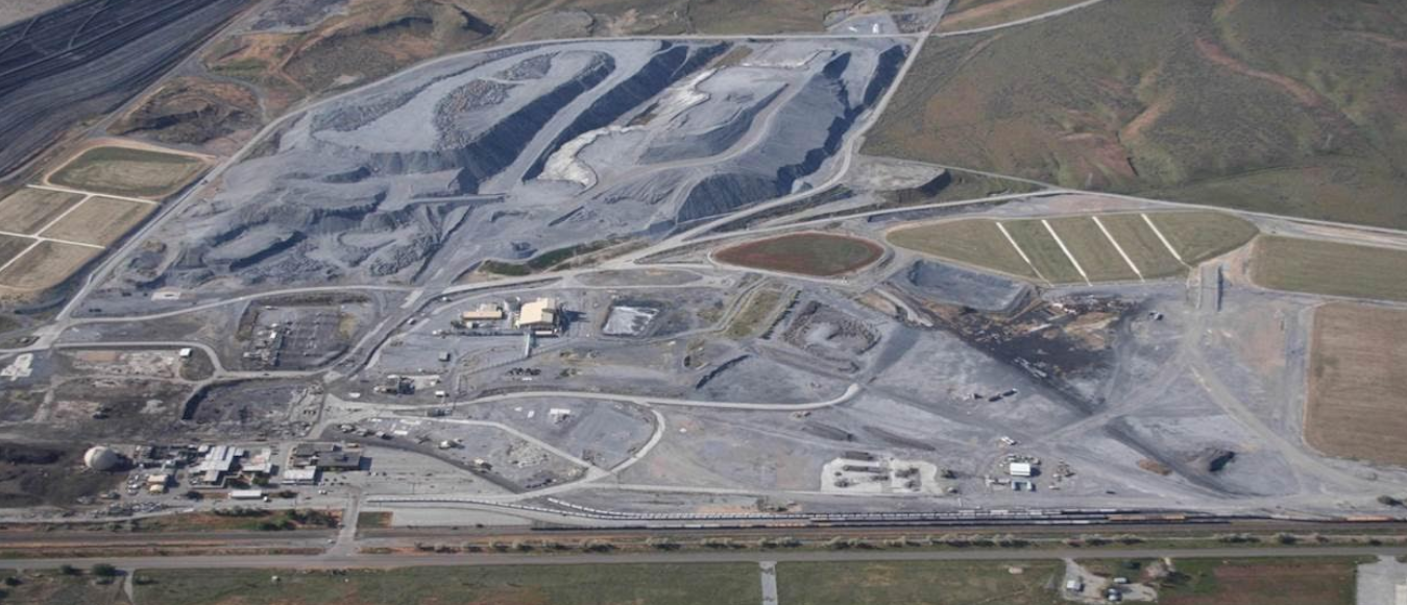U.S. Supreme Court Rules in Favor of Shoshone-Bannock Tribe

FORT HALL, Idaho — The United States Supreme Court on Monday rejected FMC Corporation’s final appeal to contest the jurisdiction of the Shoshone-Bannock Tribes to regulate storage of approximately 22 million tons of hazardous waste on the Fort Hall Reservation at the Eastern Michaud Superfund site west of Pocatello, Idaho.
“The Tribes are very pleased that the Supreme Court of the United States did not find any merit to FMC’s appeal and that FMC is finally required to honor their agreement to comply with Tribal jurisdiction,” Chairman Devon Boyer, of the Fort Hall Business Council said.
By denying certiorari, the U.S. Supreme Court defers to the findings of the Shoshone-Bannock Tribal Courts and the Ninth Circuit Court of Appeals affirmation of the District Court’s findings requiring FMC to comply with tribal jurisdiction.
In 1998, FMC voluntarily agreed to conditions of a tribal annual permit but after four years, when FMC closed business operations in 2002, they refused to honor their agreement and left their hazardous waste within the reservation. During this time the tribes created the Shoshone-Bannock Tribes’ Waste Management Act, which spelled out requirements for companies who generate or store waste on the reservation, including monitoring of sources of contamination.
The ruling is significant to Indian Country because it confirms corporations must comply with tribal regulations when doing business on tribal lands.
“This decision helps all of Indian Country in efforts to protect Tribal lands and natural resources as well as the betterment of all people of southeast Idaho. When industry enters into a voluntary relationship within tribal lands, they must comply with tribal regulations even when the EPA and/or states may have their own regulatory presence,” Chairman Boyer added.
The ruling is also a positive in tribal efforts to protect the environment.
“This decision furthers the Tribes’ efforts to protect the water and natural resources of the Reservation and surrounding communities. This is a victory for Mother Earth and the Tribes’ ability to protect our water and environment,” Councilman Lee Juan Tyler stated.
In 2005, the Shoshone-Bannock Tribes filed suit in the U.S. Idaho Federal District Court to force FMC to comply with its agreement to obtain the annual tribal permit. Since then, both tribal and federal courts have consistently ruled that FMC is required to comply with the voluntary agreement they entered into with the tribes. FMC has appealed every court ruling. Now, almost twenty years later, no more appeals are available to FMC.
Council member Nathan Small acknowledged the diligent work on this case by tribal leaders and staff. “We are grateful for the leadership and teamwork completed by our prior Tribal Council members, our Land Use Policy Commissioners, Environmental Waste Management Program staff, contractors, and attorneys since 1998,” Small said.